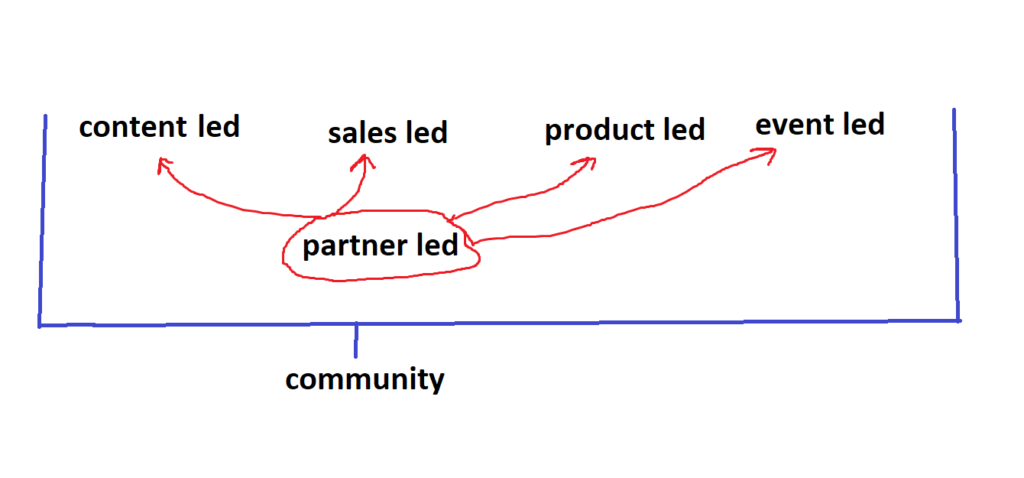When I was a kid at the music store my mom asked an employee the best way for a novice to learn to play a song from the radio.
She made us take piano lessons and we didn’t like it. We said we’d like it more if we got to play popular music instead of classical stuff. She called our bluff.
The guy said, “Well you could get the actual sheet music, but that’s gonna be pretty hard to play. Their are simplified versions too, but honestly, I’d just get The Fake Book.“
My ears perked up.
The Fake Book was a cheat code. It showed the basic chord progressions of songs, rather than typical sheet music which showed the exact notation. The Fake Book gave you the building blocks and let you improvise with your ear on the rest.
I don’t think we ended up getting The Fake Book. Or if we did, I didn’t end up using it. But the concept was a game changer.
When the the guy at the music store nonchalantly suggested it, it opened up a world of possibilities. It was like someone telling me that all the instincts and habits I’d thought were bad were actually okay. He was telling me I was right, and I should keep following my instincts instead of fighting them.
I didn’t know at the time, but I’ve always been an 80/20 guy. I want the quickest route to the closest version of the answer.
This musical cheat code – learning the chords and playing the rest by ear – got me through years of lessons.
I never learned to read sheet music, but my teachers either never figured this out or just wanted to get me through the 30 minutes a week my mom was paying them for and let it slide. My eyes wanted to be glued to my hands, but I had to pretend to be looking at the music at least every once in a while.
I realized I was pretty good at memorizing tunes, so I’d ask the teacher to play a new song several times for me first. Then I’d struggle through a few times. Then I’d go home and memorize it so that next week, they’d think I was actually reading the music.
When my mom let me quit piano lessons, I picked up guitar. All my buddies were learning too, and we all faked it together. We’d play what sounded like songs we heard on the radio, never trying to figure out the exact fingering.
After playing guitar for a while, I realized that I actually loved piano, despite hating lessons. I still used the piano keys as a visual reference in my head when playing guitar. So I started playing again.
It wasn’t until I played with some worship teams at church that I realized they all used The Fake Book approach. Every week, members of the band got a sheet with the lyrics and nothing but the chords. No notes. They did the rest by ear and improvisation.
I was in love.
The Fake Book has been my approach to pretty much everything since.
When I encounter something new, I do two things: Listen or watch people do it, and try to figure out the basic chords. I ignore the detailed notes, tabulation, and debates over time signature.
Then I try to do it myself as soon as possible. Not worrying about anything but producing a reasonable facsimile to the basic melody.
What’s crazy is in every field, you imagine the best are insanely trained classical practitioners with perfect form and the ability to read complex sheet music. Most of them are more like the worship team. They’re using The Fake Book method too.
I’m not denigrating classical training. Those people are wizards. There are things they can do I can’t even dream of. Either because I lack the talent, or I’m too lazy, or both. What they do is awesome, I respect it, and I’m glad it exists in this world.
I’m also glad it’s not the only way, like I thought before I heard about The Fake Book.
You’ve got to know what works best for you. Once you do, work with it, instead of against it.
Like this:
Like Loading...
